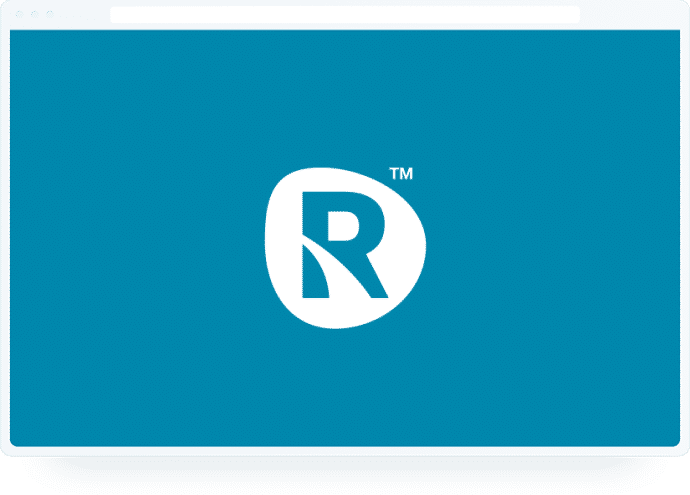
What is Corrective Maintenance?
An effective PM program uses a mix of different types of maintenance, and that includes corrective maintenance. As we will see in the rest of
Most people would answer ‘to prevent failures’.
Anyone who is up to speed with modern preventive maintenance principles would rephrase that to ‘we maintain equipment to prevent unacceptable failure consequences’.
And they would be right.
Some failures we can accept, because the consequence of the failure is not significant. In other cases, we might go out of our way to prevent a failure.
The problem is, in most cases, preventive maintenance plans and programs don’t achieve this objective. Typically, we spend a lot of effort on preventive maintenance tasks and still experience unacceptable failures.
And that’s because most preventive maintenance programs out there don’t apply the principles of modern preventive maintenance.

The problem with our preventive maintenance programs is that most of them were never developed properly, to begin with.
As John Moubray, the father of RCM II, pointed out in his book Reliability-Centered Maintenance, typically between 40% – 60% of the PM tasks in a preventive maintenance program add little value.
Some of the most common problems are:
The result is that we waste money and time doing preventive maintenance tasks that do not add value. But far worse, is the many preventable high-impact failures that occur. This ultimately results in a reactive plant maintenance cycle.

Learn how to develop or improve your Preventive Maintenance program using the principles of Reliability Centered Maintenance (RCM) so you can achieve higher reliability with less maintenance.
We offer a suite of courses on Preventive Maintenance tailored to hands-on practitioners (PM100), like maintenance and reliability engineers, managers (PM300), and frontline staff like Operators and Technicians (PM400).
The principles of modern preventive maintenance have been around for a good 40 years and are well documented in many industry books and other resources. Yet, most organisations and maintenance teams still don’t seem to really know and understand these principles. Let alone how to apply them in practice. In this article I will discuss each of these principles in detail and give you some practical tips on how to check if your PM program is up to scratch.
A Failure Modes and Effects Analysis (FMEA) is often one of the first steps you would undertake to analyse and improve the reliability of a system or piece of equipment.
During an FMEA you break the selected equipment down into systems, subsystems, assemblies, and components and determine how these could fail.
You analyse why the failure would happen and what the consequence would be. The analysis is completed by assigning preventive or corrective actions to improve reliability.
In this detailed article, I talk about how you can use FMEAs to improve your plant’s reliability and preventive maintenance strategy.
Few organisations have effective preventive maintenance programs. Most preventive maintenance programs and preventive maintenance tasks are wasteful or ineffective. There are many companies out there that can improve your PM plan for you. But it’s so much better to do it yourself. It’s more cost effective, creates ownership and builds capability.
So, here’s a detailed step-by-step guide to optimise your PM program. It’s simple, cheap yet effective. No need for external consultants or expensive software.a

An effective PM program uses a mix of different types of maintenance, and that includes corrective maintenance. As we will see in the rest of

As I discussed in the article, “9 Principles of Effective PM Programs based on Reliability Centered Maintenance (RCM)”, most failure modes are not age related.

Many organisations are stuck and seeking ways to escape reactive maintenance, as they face a ‘vicious cycle of urgent fixes It’s an all-too-common situation. Once
Contact Us:
Call in Australia: 1 800 312 402
Call from overseas: +61 2 836 626 74
Email: [email protected]
Address:
Level 14, 167 Eagle Street
Brisbane, QLD 4000
Australia
© 2017-2023 R2 Reliability Pty Ltd.
All Rights Reserved. | Privacy Policy | Terms of Use | Cookie Settings
© 2017-2023 R2 Reliability Pty Ltd.
All Rights Reserved. | Privacy Policy | Terms of Use | Cookie Settings